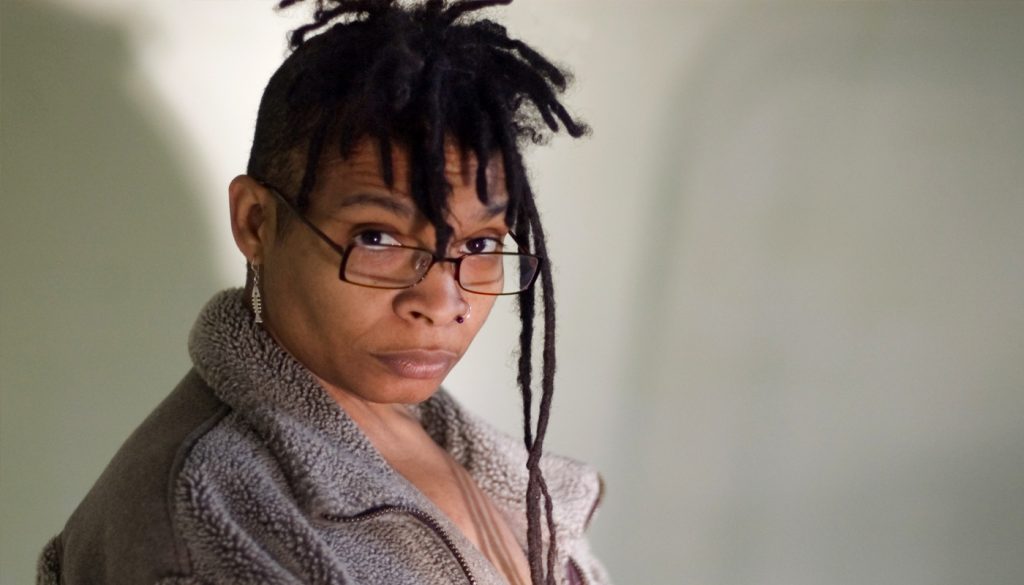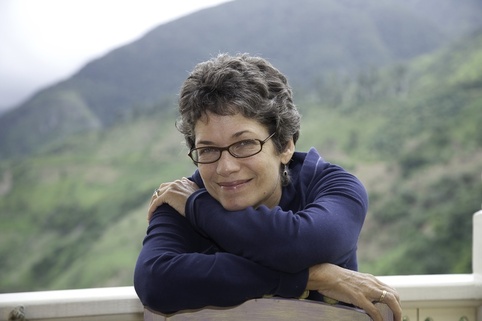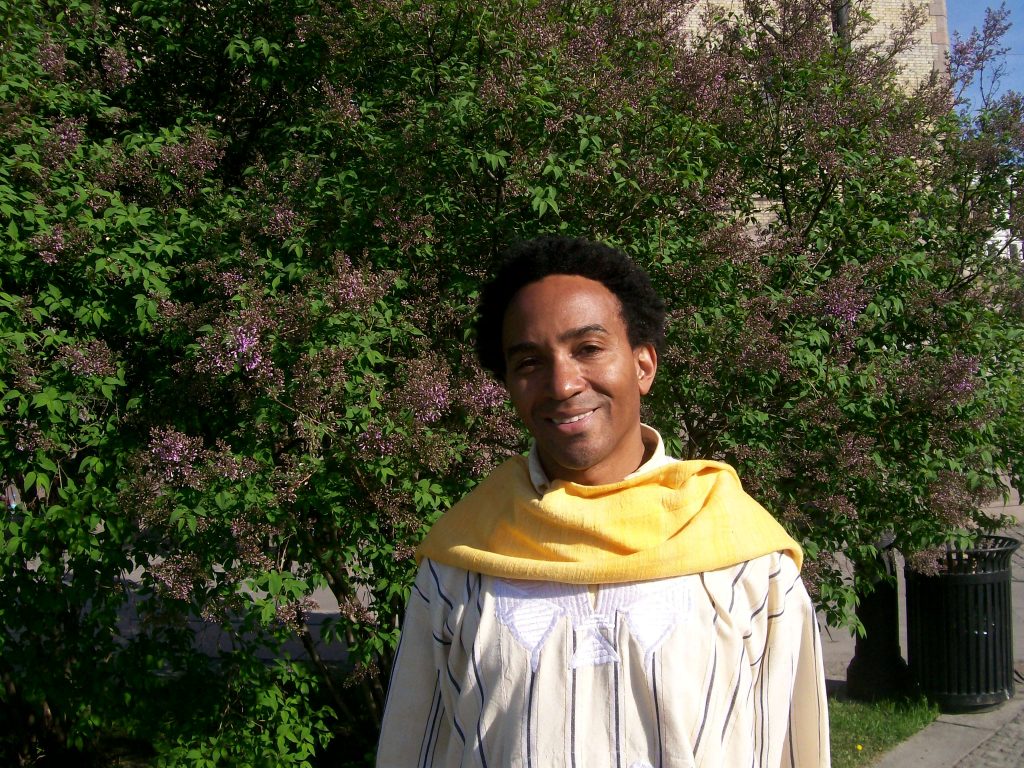by Courtney Mahrt
As a site of European capitalist experimentation and exploitation, the Caribbean was where modernity was born and nurtured; where hierarchies of race and power solidified into colonial discursive formations, the residual effects of which continue to shape the world. Authors such as Maryse Conde, Jean Rhys, Junot Diaz and Marlon James continue to draw attention to the Caribbean experience through literature. These authors remind us that there is no one history, that there are multiple narratives, truths and experiences that need to be sought out and acknowledged.
Today, new voices continue to further complicating and reimagining a post-colonial identity and new ways of writing in the Caribbean and the diaspora. Here are three authors who continue to draw attention to the Caribbean, its past, present and future.
 via simonandschuster.ca
via simonandschuster.ca
Nalo Hopkinson uses the sci-fi genre to address issues of race, sexuality and class. The Jamaican born, longtime Canadian resident has published six novels and six anthologies. Her 2013 novel, Sister Mine was inspired by Christina Rossetti’s Victorian poem “Goblin Market”, a proto-feminist text that addresses homosexual politics, temptation and the trope of the “fallen woman”. Hopkinson’s first novel, Brown Girl in the Ring (1998) depicts a dystopian Toronto ruled by a vicious gang leader, and is a pastiche of lyrical patois, Afro-Caribbean mysticism and futuristic medicine. While classifying Hopkinson as “indie” might be a stretch considering her success (two of her novels were published Grand Central Publishing), like many Caribbean authors who have enjoyed critical success, Hopkinson’s work is not generally considered profitable or commercial enough for mainstream presses. With the added disadvantage of writing genre fiction (in a notoriously male dominated genre) and the fact that Hopkinson’s work features predominately black characters and uses non-Western paradigms to shape her sci-fi worlds, Hopkinson has not received the attention that she deserves. Despite being well known in the Caribbean literary community, her work has gone largely unrecognized by wider audiences. Don’t sleep on Nalo — you can thank me later!
 via dianamccaulay.com
via dianamccaulay.com
Diana McCaulay is the founder and CEO of the Jamaica Environment Trust and has published three novels to date, as well as one book of non-fiction, Writing in Jamaica: People, Places and Struggles (2010), a collection of columns she wrote for The Cleaner. McCaulay is an environmentalist, and her ongoing engagement with these issues is evident in her work, making for rich depictions of the Caribbean setting and pushing the history of Caribbean land to the forefront of her work. Her third novel, Gone to Drift, an extension of her awarding winning story “The Dolphin Catchers”, was published earlier this year, and she is currently working on her next book Loving Jamaica: A Memoir of Place and (not) Belonging. She is lifelong Kingston resident and author.
 via liberaleren.no
via liberaleren.no
Next up, Thomas Glave. Glave is a Jamaican-American American author and LGBTQ activist who was born in the Bronx, growing up between there and in Kingston. His strong, versatile voice is equally powerful in his fiction collection, Whose Song? And Other Stories (2000) and his essay collection Words to Our Now: Imagination and Dissent (2005). He also has created platforms for other writers to shine, editing the anthology Our Caribbean: A Gathering of Lesbian and Gay Writing from the Antilles (2008), the first book of its kind and a crucial contribution to queer postcolonial literatures everywhere. Glave is also the second gay African American writer (after the inimitable James Baldwin) to win O. Henry prize. His 2008 novel The Torturer’s Wife was nominated for the Stonewall book award. Beyond just being a writer, Glave was also awarded the Fullbright fellowship to Jamaica, which he used to focused on issues of social justice, founding the Jamaica Forum of Lesbians, All-Sexuals and Gays (JFLAG). Glave’s work is continuously fantastic and goes beyond the page— if you haven’t read him, it’s time to catch up!
So there you have it, your summer reading! Also! Check out the Caribbean Tales Film Festival (CTFF) which runs September 7-17. This year’s theme is “Caribbean Love,” with a heavy focus on the positive storytelling of Queer and Trans people of colour, black love, and women in film. CTFF is run in part by Nicole Brooks, whose a cappella musical odyssey Obeah Opera made its debut at Panamania in Toronto in 2015. The historical epic is a retelling of the Salem Witch trails and the first women to be accused of witchcraft, the black Caribbean slave, Tituba. Obeah Opera is expected to be remounted in Toronto in the near future. See you there!
